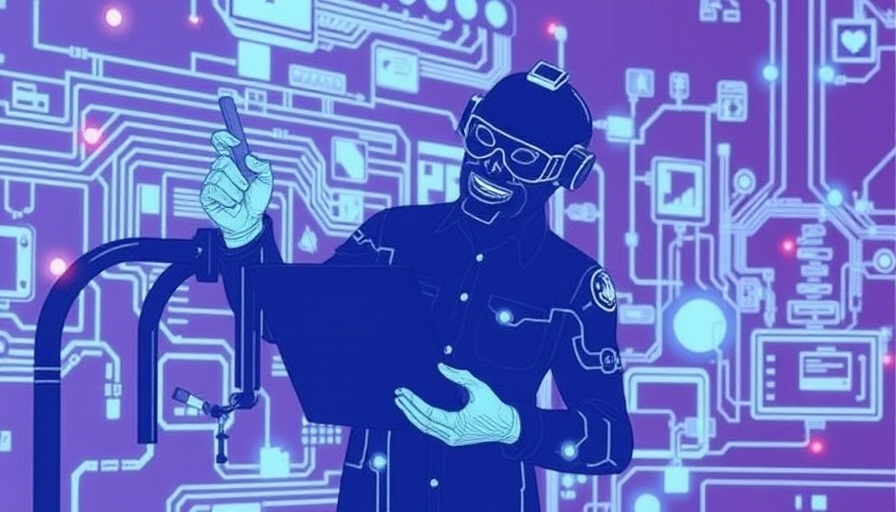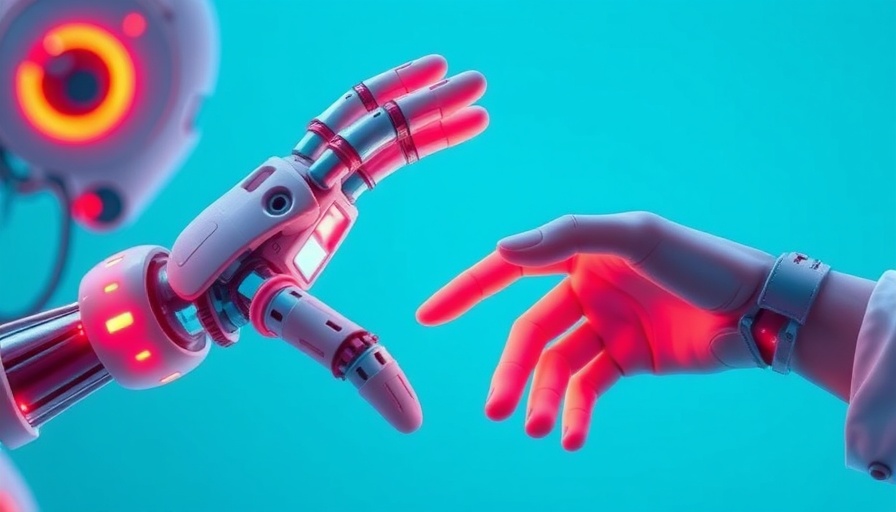
Understanding Tech's Double-Edged Sword
In the age of rapid technological advancement, we're often caught in a whirlwind of innovation promising solutions to our most pressing problems. However, as technophile billionaires in Silicon Valley cheer for progress, it's crucial to reflect on the paradox highlighted by Mark Buchanan: technology can create as many problems as it solves. Why does this happen? The answer lies in our simplified interpretations of complex issues.
The Case of Oversimplification
As we face challenges, we build models to propose solutions. However, these models often fail to encompass the intricate realities of our world. For instance, we develop advanced fishing technologies aimed at abundance, only to find ourselves depleting fish populations. This is a classic case of unanticipated consequences. Over time, the perceived benefits of technology can transform into long-term liabilities, reinforcing the idea that innovation must be approached with caution.
The Role of Regulation in Digital Innovation
Currently, the field of artificial intelligence is racing ahead without sufficient oversight. As tech giants scramble to dominate this space, the lack of regulatory frameworks exposes society to unknown risks associated with untested technologies. We must advocate for sensible regulations to mitigate these dangers while fostering innovation. This requires a balanced perspective—one that harnesses the power of new technologies while remaining vigilant about the perils they may introduce.
Learning to Navigate Tech Relationships
For tech enthusiasts and innovators, understanding this dynamic relationship between technology and society is essential. By incorporating principles of caution and foresight in the design and implementation of new technologies, we can guide their development in ways that prioritize societal well-being. It’s crucial to engage with AI concepts thoroughly—whether it’s understanding machine learning fundamentals or exploring advanced AI topics—to better prepare for and anticipate the effects these technologies may have on our lives.
Encouraging a Thoughtful Approach to AI
As we venture into AI and its capabilities, we must cultivate a mindset that prioritizes ethical considerations and societal impact beyond mere technological strides. By emphasizing the fundamentals of AI and ensuring beginners have access to learning resources, we can ensure that we are creating an informed populace capable of debating and directing the course of technological evolution.
In conclusion, rather than blindly chasing technological advancements, it is imperative that we adopt a more cautious and thoughtful stance. Understanding the socio-ethical implications of technology helps us to turn potential pitfalls into opportunities for responsible innovation that benefits everyone.
 Add Row
Add Row  Add
Add 




Write A Comment